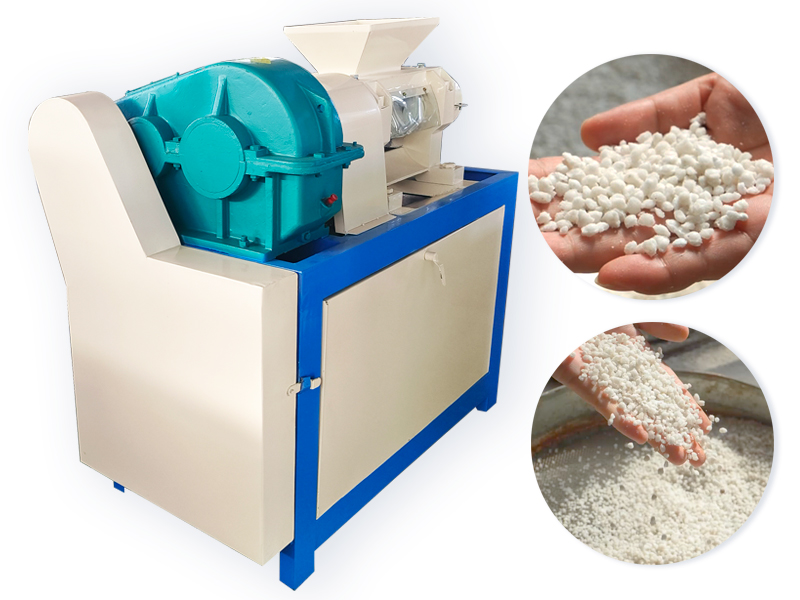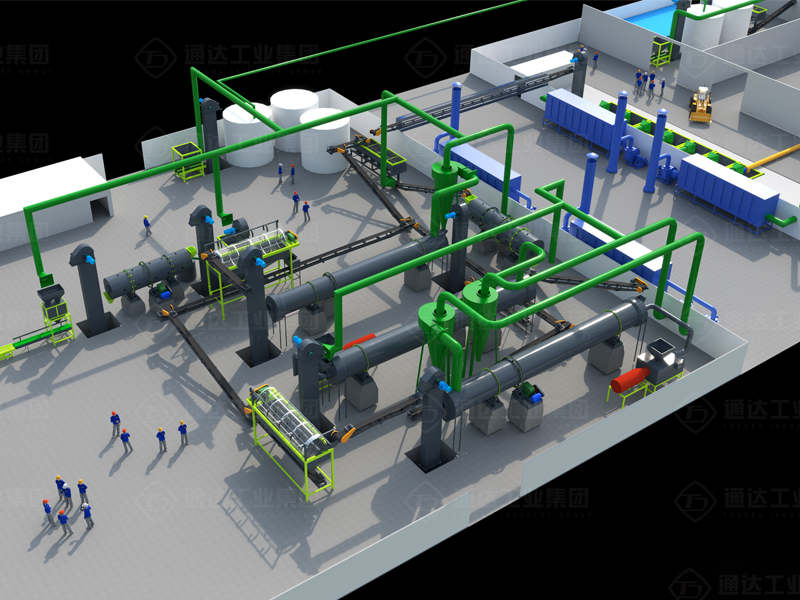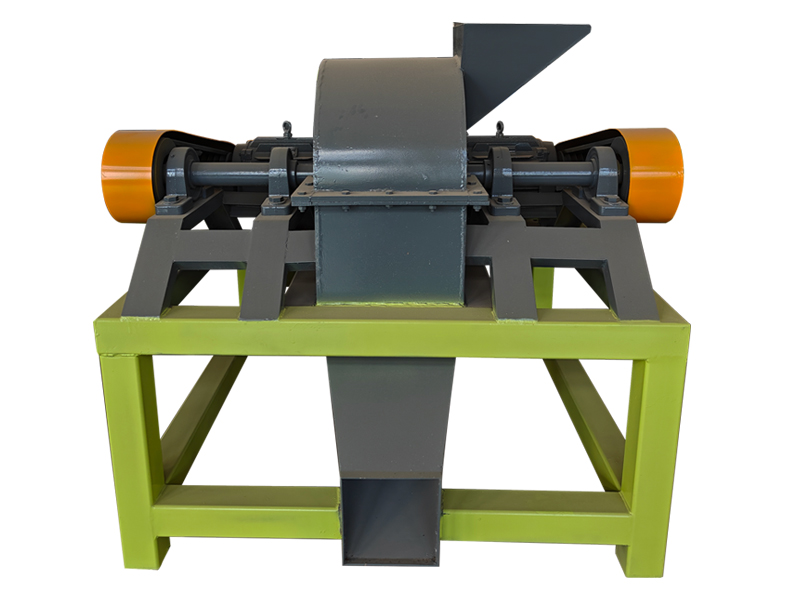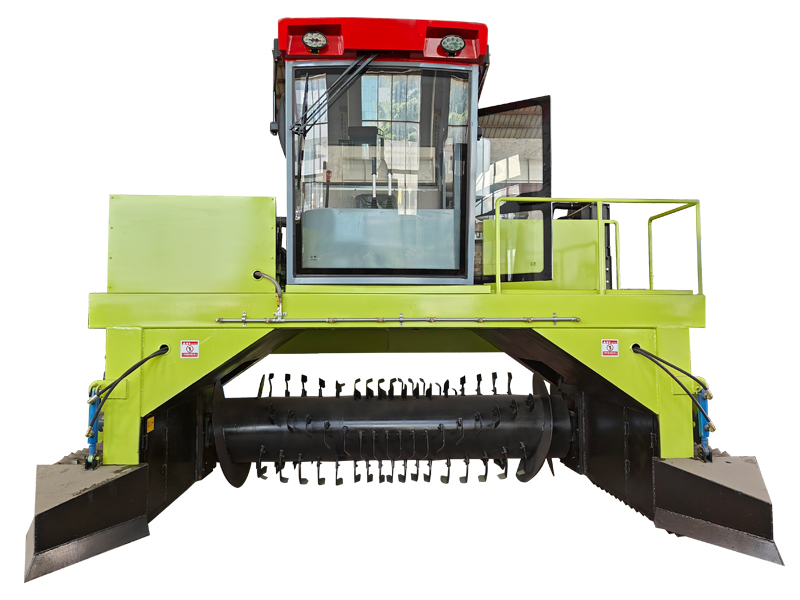Update time : 2021-05-27 Publisher:Tongda
The Benefits Of Compost Windrow Truner In Compost Production
Introduction of Compost :
Compost is decomposed organic matter. It is a sort of organic fertilizer. Composting is a natural process of recycling organic materials such as leaves, livestock manure, household waste, sludge, crop straws and other solid organic substance into a rich soil amendment. It also adds the soil and mineral substance for mixing and stacking. Under the condition of high temperature and high humidity, via fermentation, decomposition, and microbiological degradation, thus the compost can be produced successfully.
As an ancient fertilizer, compost has an important position in agriculture.
The Benefits of Compost:
For quite a long time application of compost, research has shown that using compost as mulch, in the soil or as potting media is beneficial in many ways.
1. Improve Soil Structure
Compost is mainly used for improving soil. Fine quality refuse composting is applied in agricultural production. It not only increases the soil humus and nutrients, but also enhances the quality of soil.
In composting, combination of organic matter and soil can loosen clayey soil while it aggregates the sandy soil. Compost helps bind clusters of soil particles, providing soil that full of tiny air channels and pores that hold air, moisture and nutrients. Thus, it obviously improves soil structure which can enhance the soil function of ventilation, water-retention and soil fertilization.
2. Promote the Growth of Plant Roots
Composting is the regrowth process of beneficial microorganism. It produces large quantities useful metabolites which is beneficial to the growth of plant roots. Compost helps the roots penetrate the soil, thus it can enhance the ability of drought resisting.
3. Increase Crop Yields
A study has shown that appropriately application of high quality compost has a good production effect. Better stimulation effect will gain especially when it used in the vegetable field which is with low soil fertility. It can also improve vegetables quality and reduce the ratio of rotten vegetables. Compost increases the calcium, potassium content in vegetables while decreasing the nitrate and nitrite content. It has more visible yield-increasing effects on crops such as rice, potato, carrot and etc.
4. Reuse the Wastes
Composting can significantly cut down on your overall household wastes. By reusing the wastes, we could minimize the loss of valuable organic materials and return them to the soil as well as lessen the burden of the landfill.
5. Reduce the Plant Diseases and Insect Pests
After treatment of high-temperature composting, pathogenic bacteria were reduced and the harmful ova was killed. Compost supplies beneficial organisms such as nitrogen fixing bacteria, provides an abundant organic matter to the soil. Microorganisms can facilitate organic matter decomposition which, in turn, leads to humus formation and nutrient availability. Plant disease and insect pests incidence on many plants can be reduced. Besides, as a mulch, finished compost can suppress weeds.


see details +

see details +

see details +

see details +

Fermentation Compost Equipment >
 Tel:+86 18538527111
Tel:+86 18538527111
 E-mail:[email protected]
E-mail:[email protected]
 Address:Longgang Development Zone Of Xingyang City, Zhengzhou City, Henan Province, China.
Address:Longgang Development Zone Of Xingyang City, Zhengzhou City, Henan Province, China.
Privacy Policy Copyright © Henan Tongda Heavy Industry Science And Technology Co., Ltd.